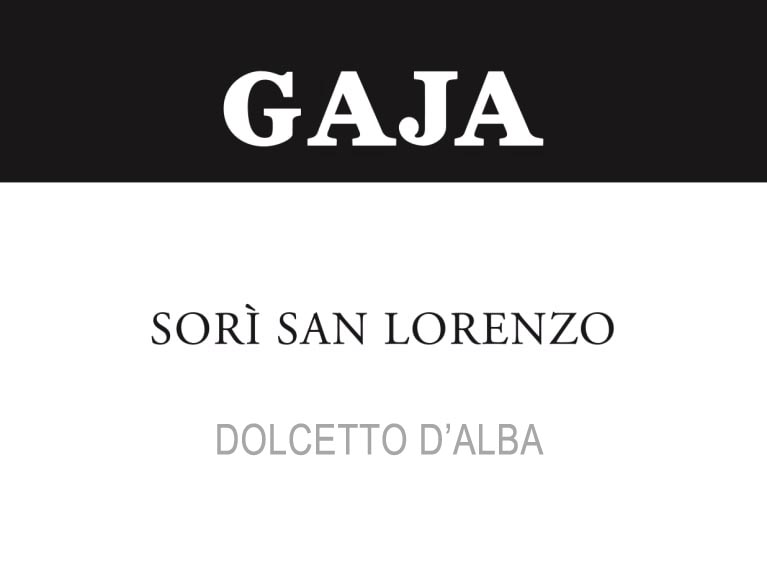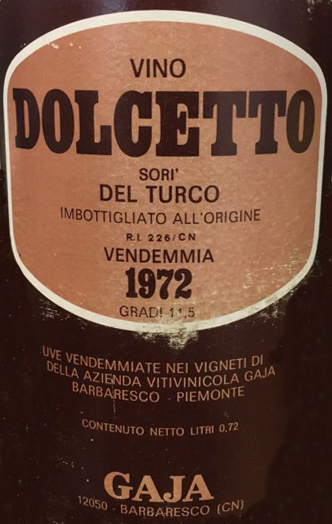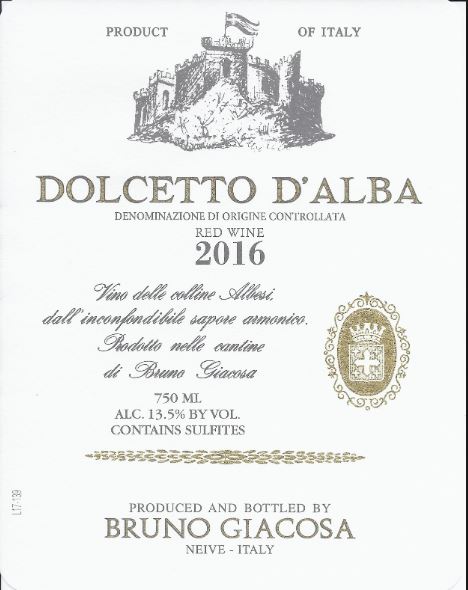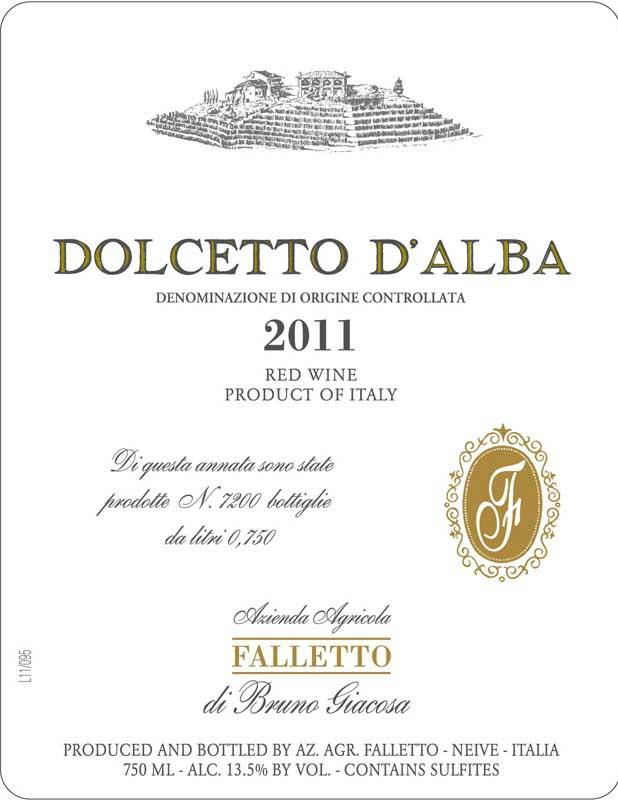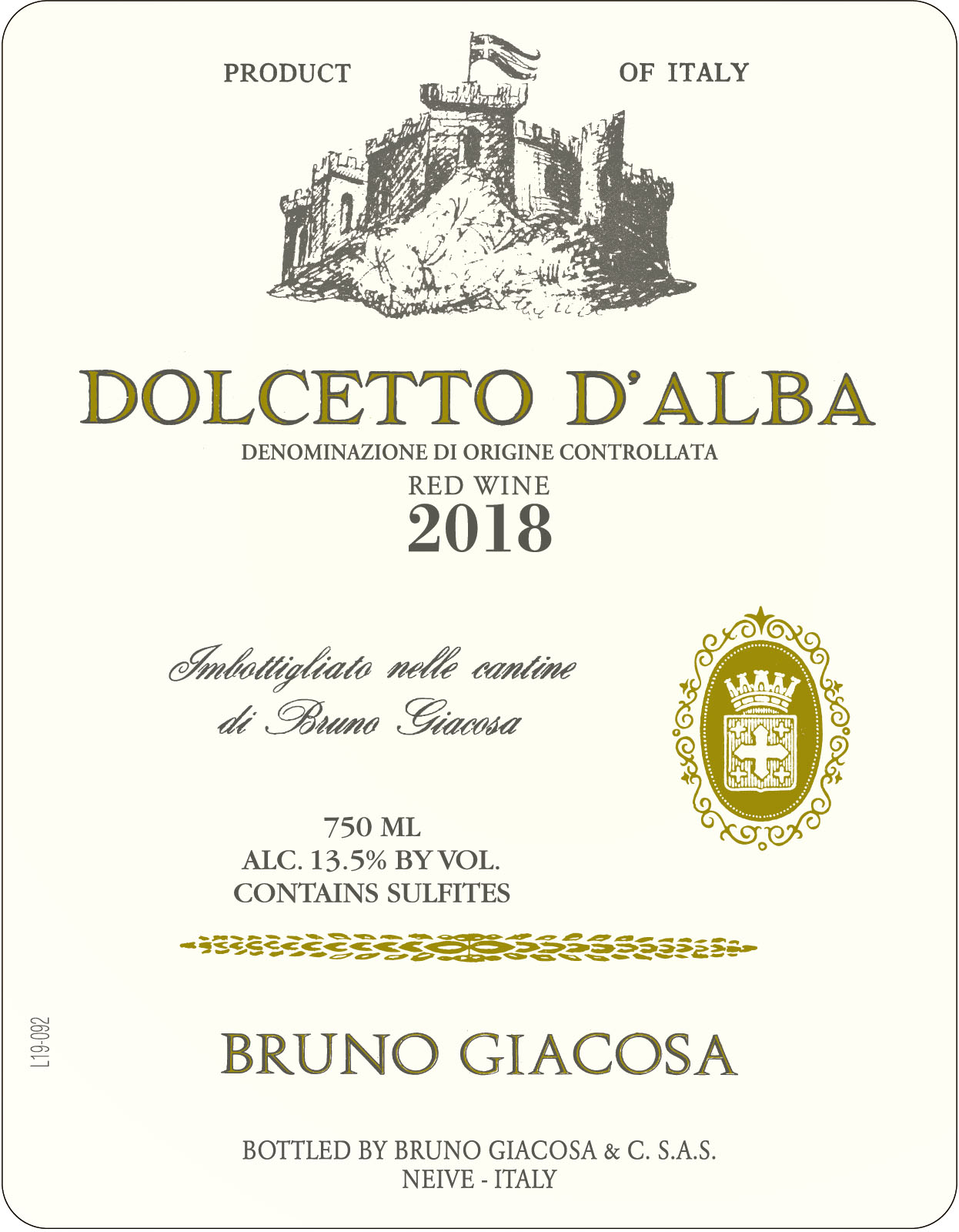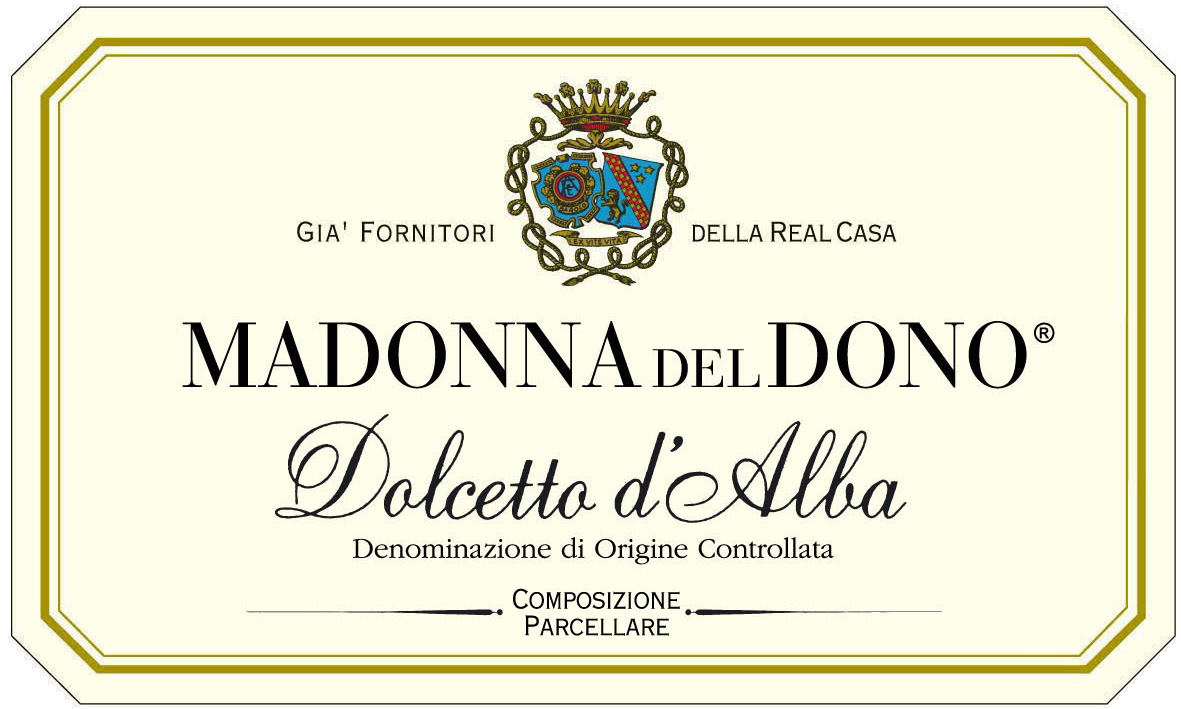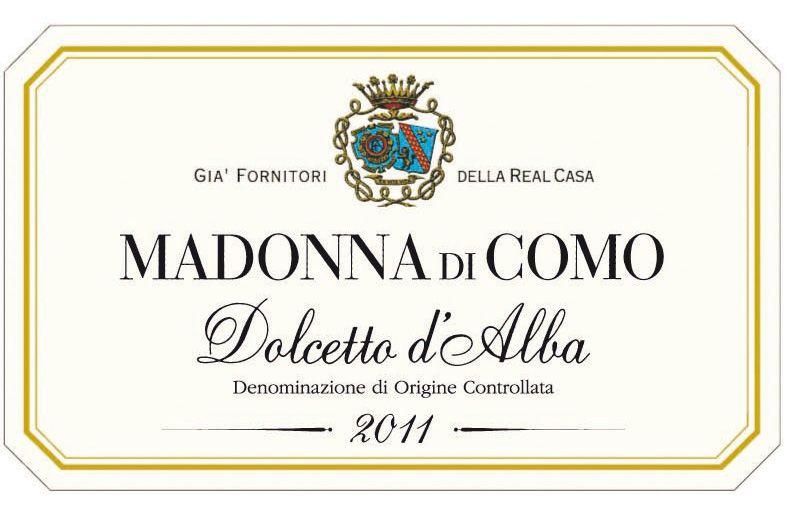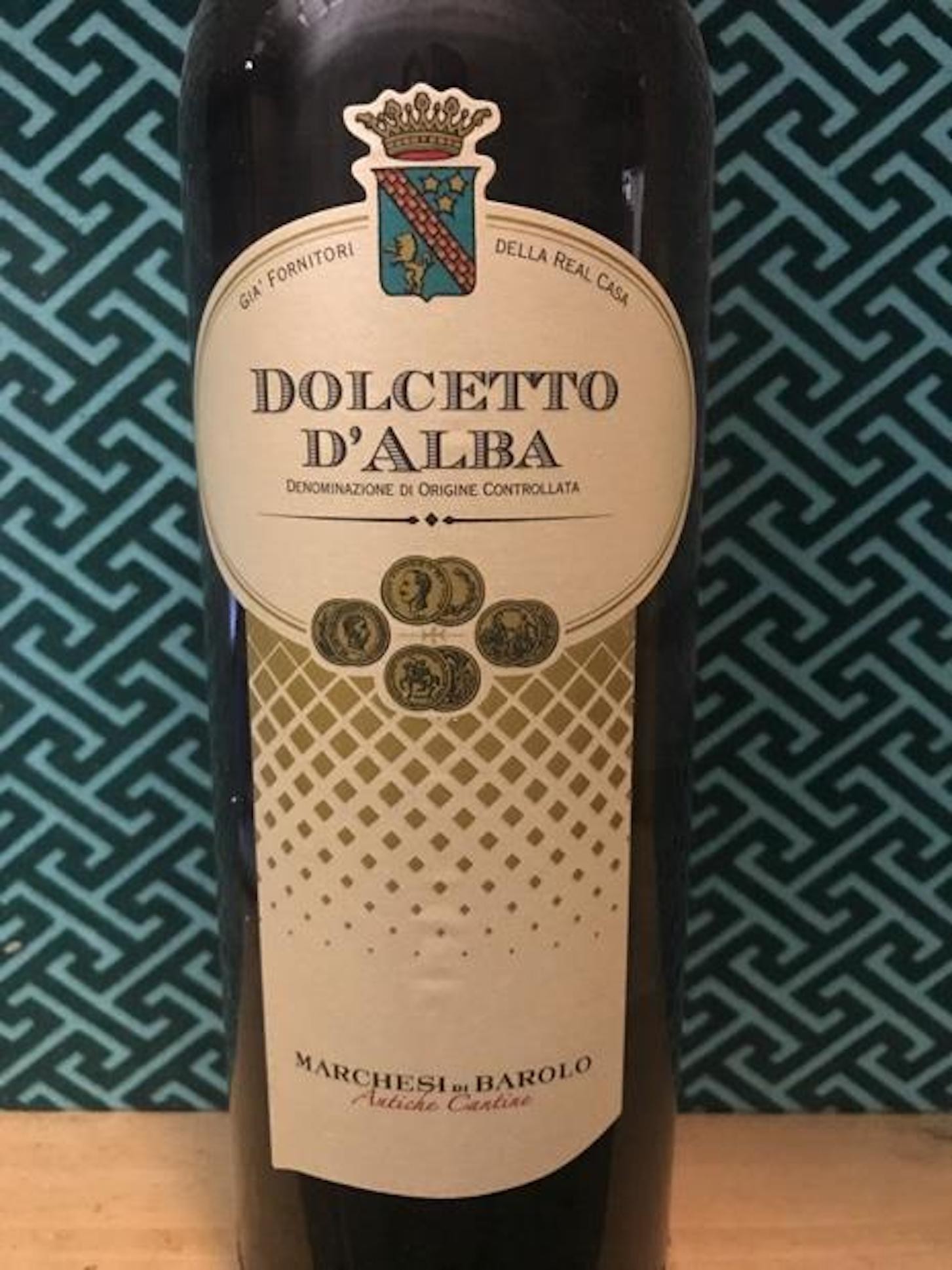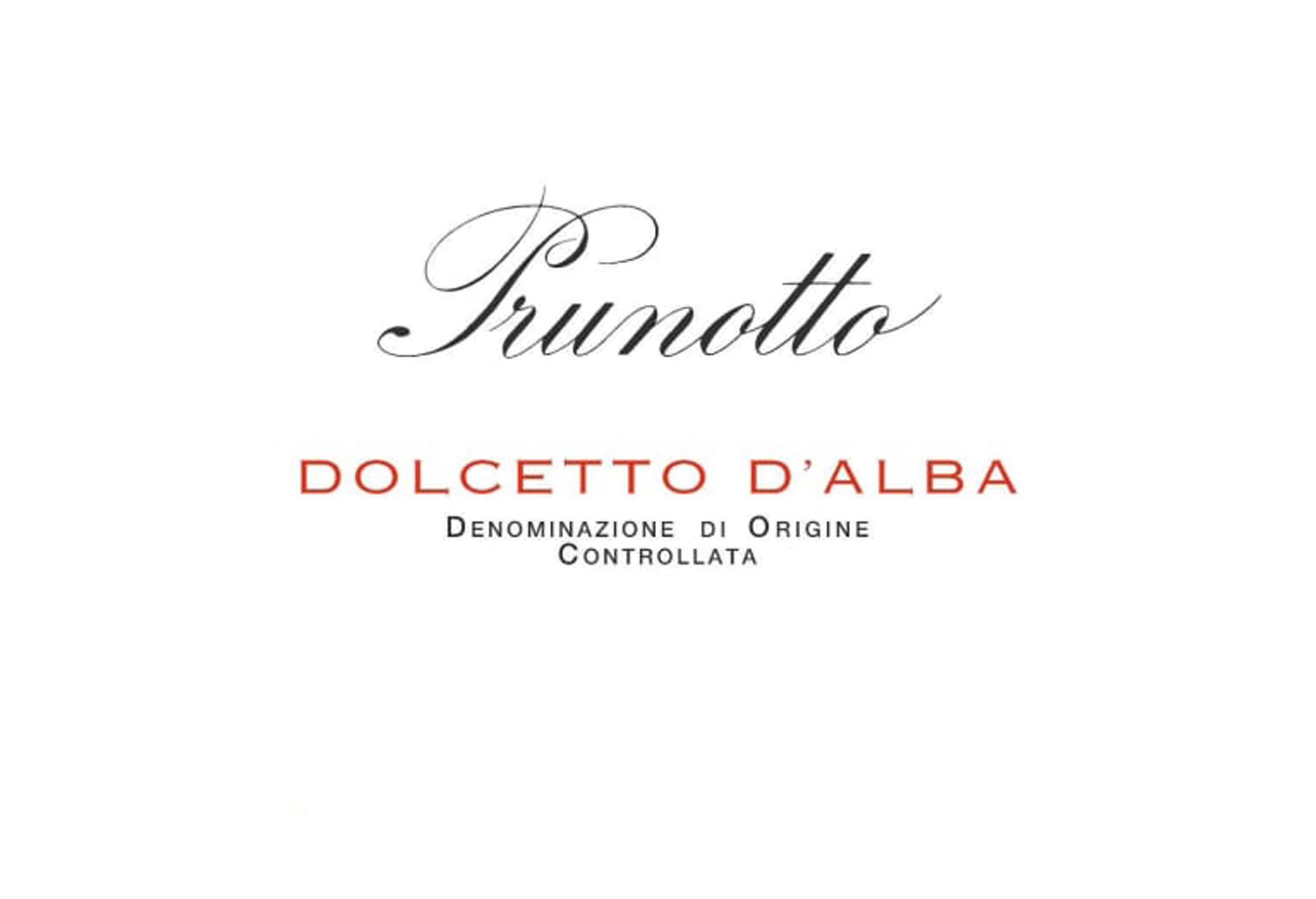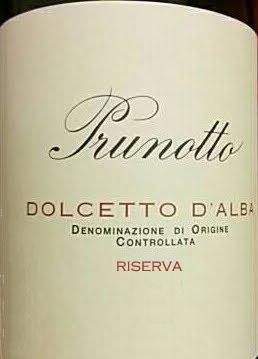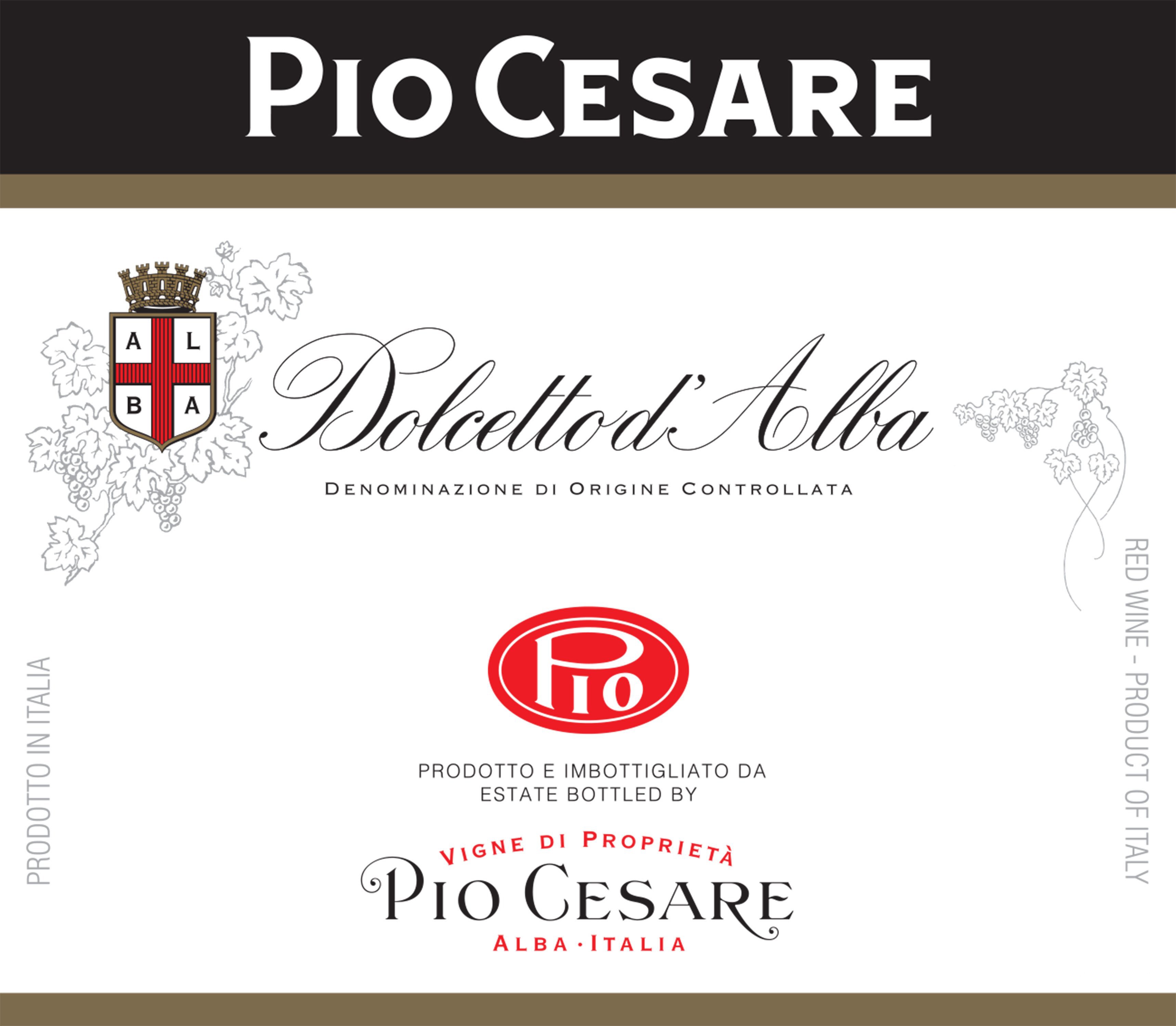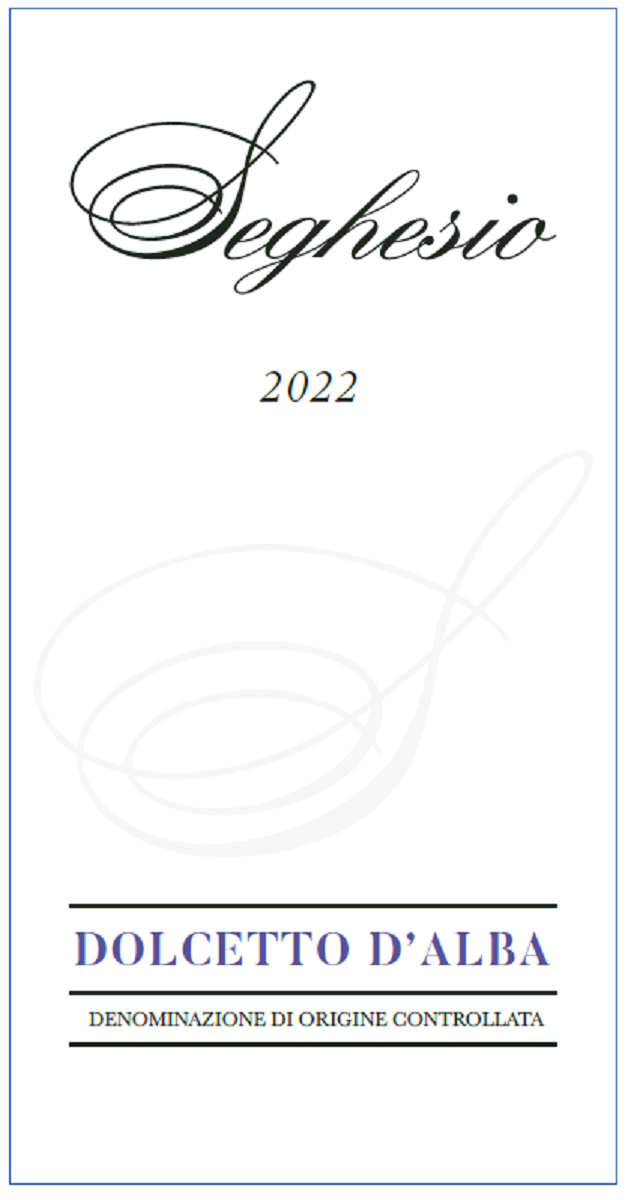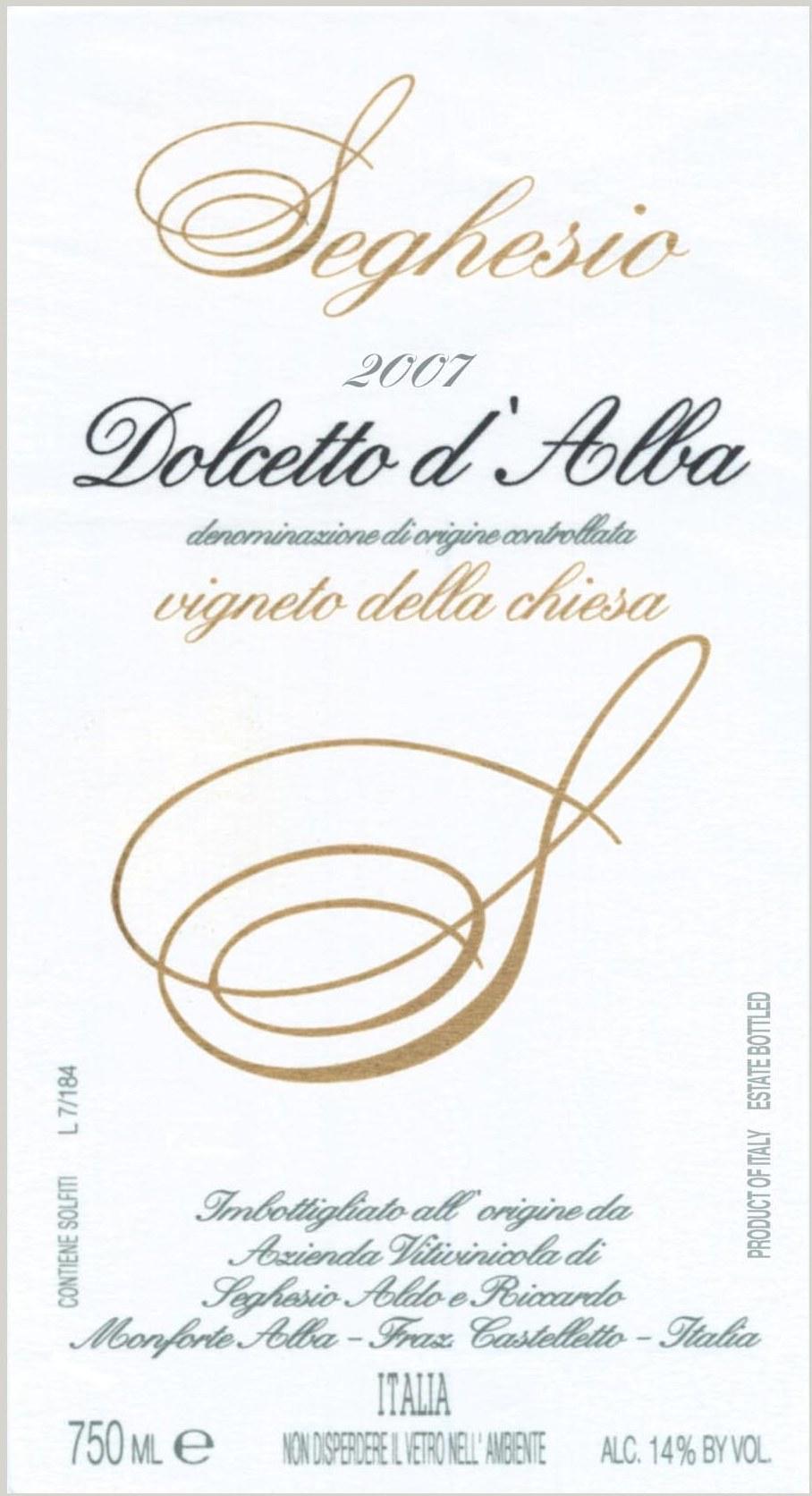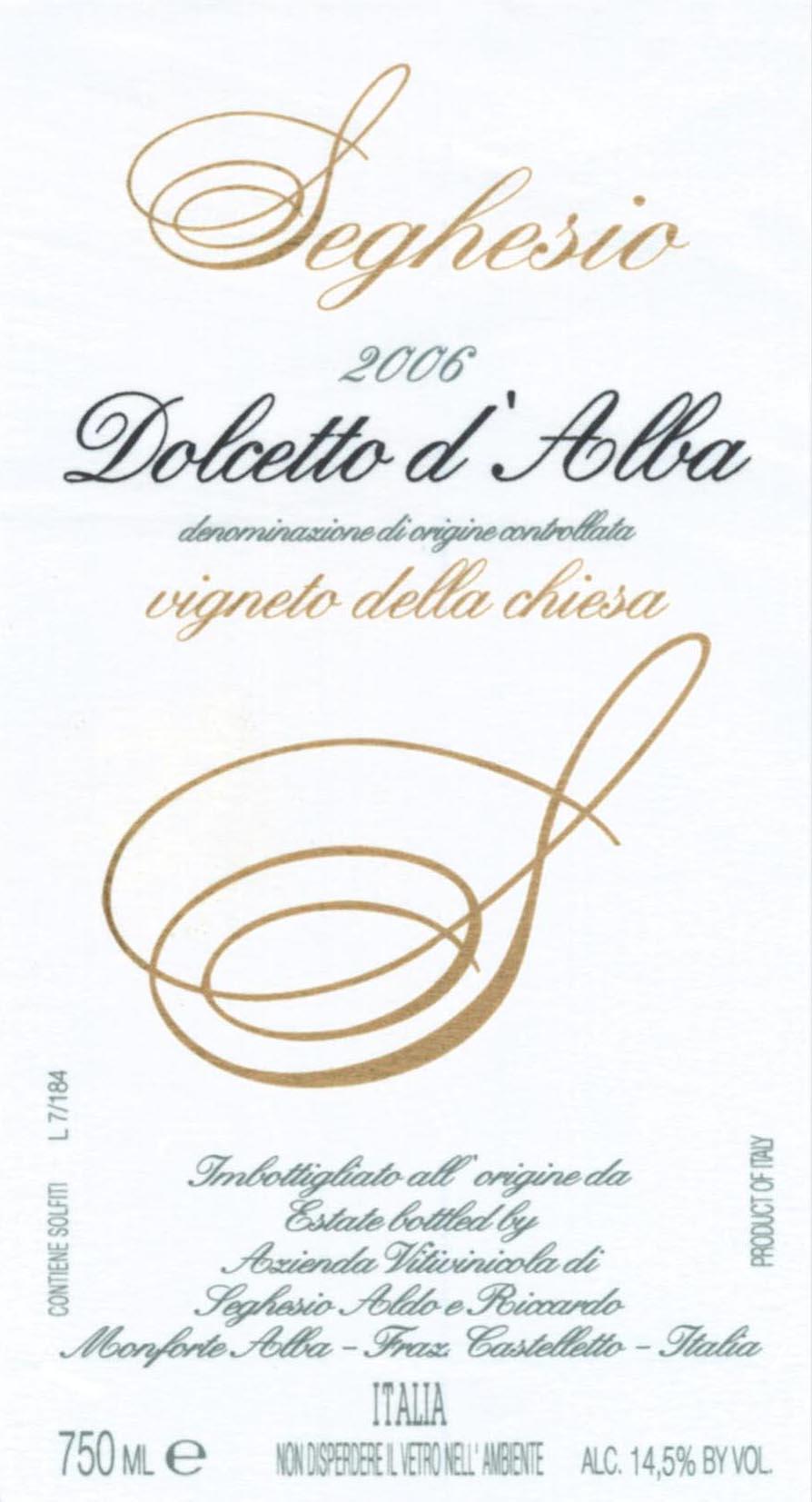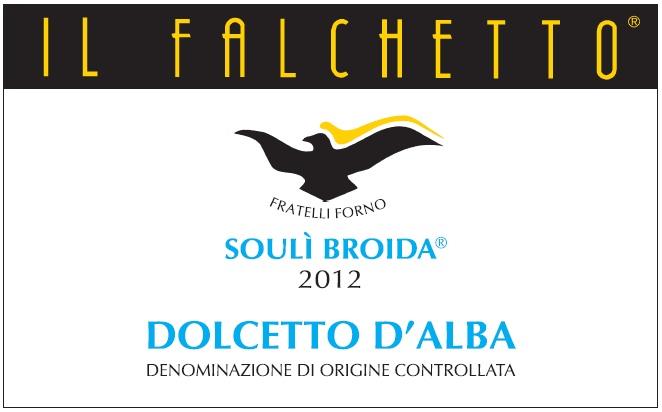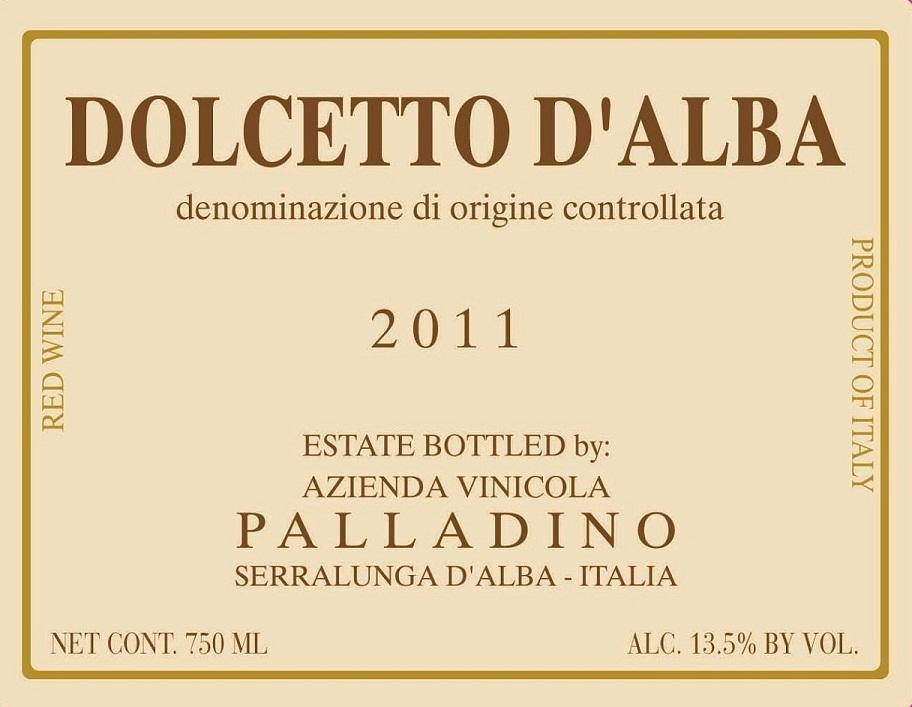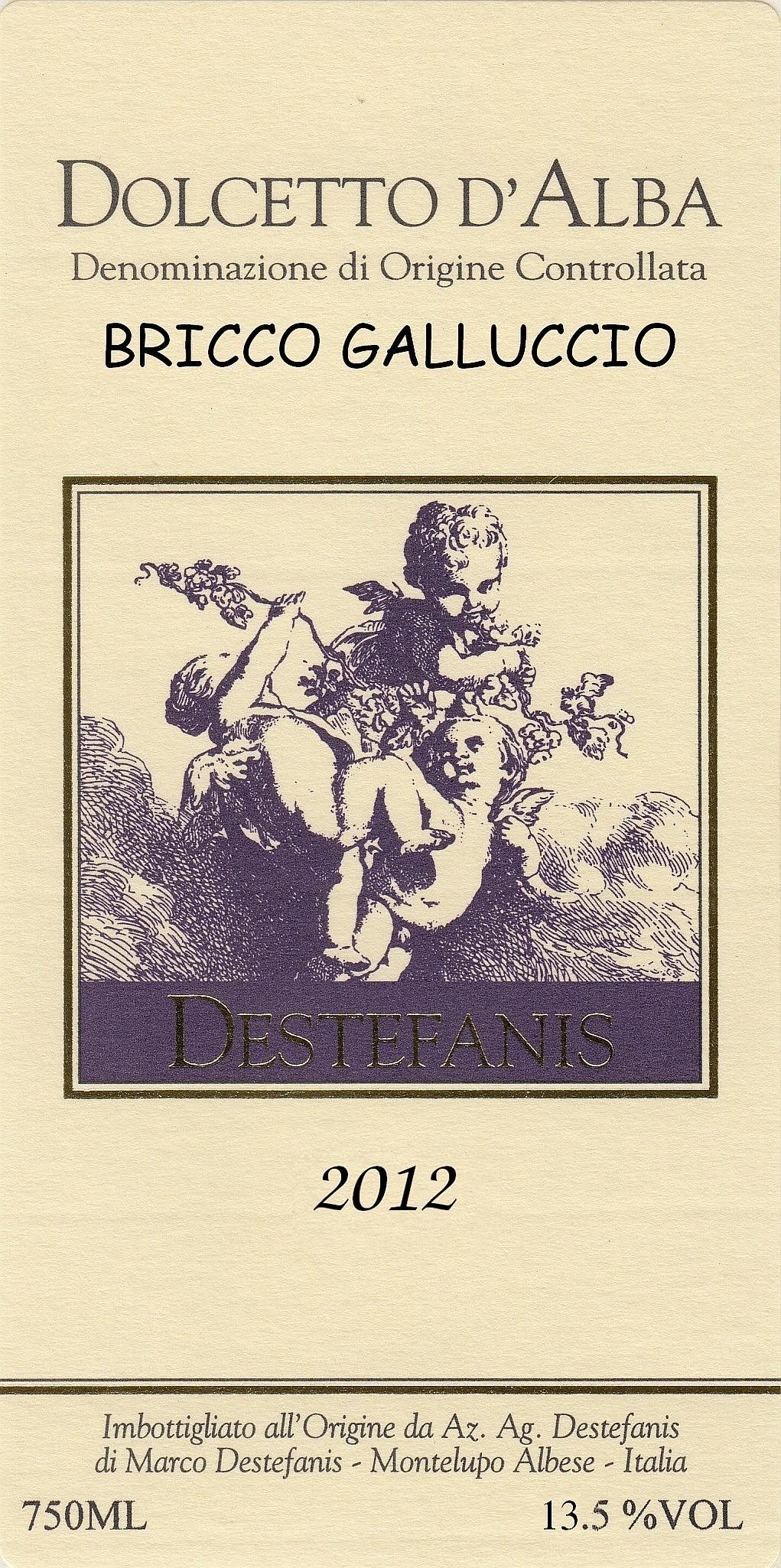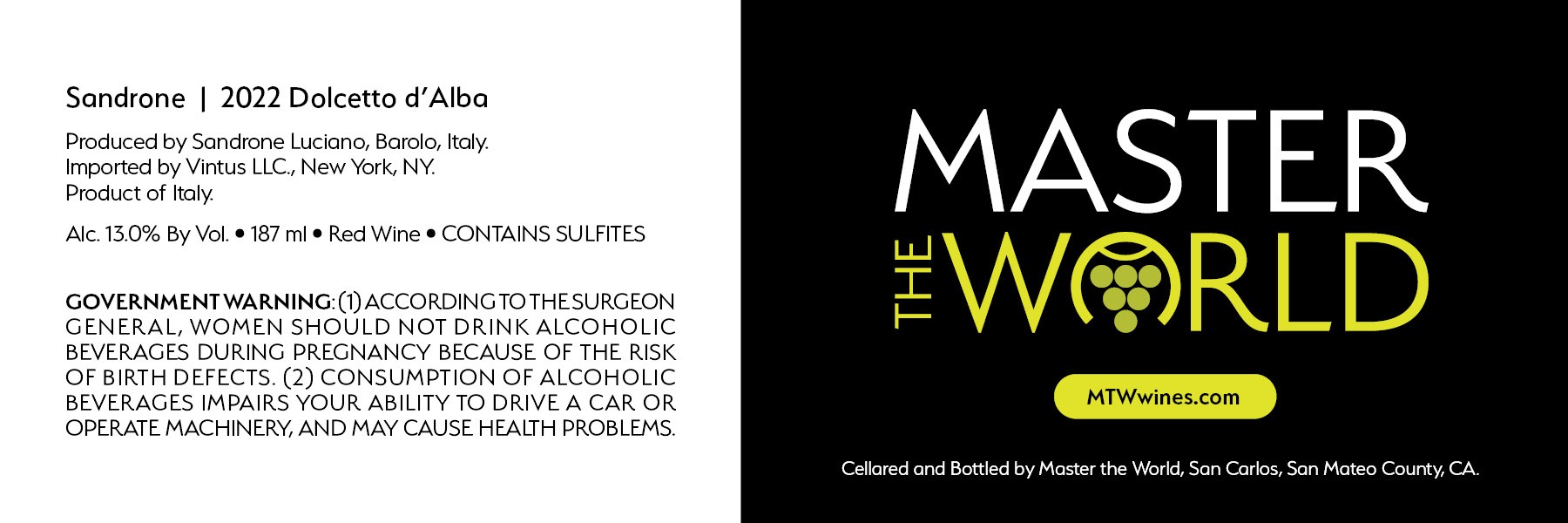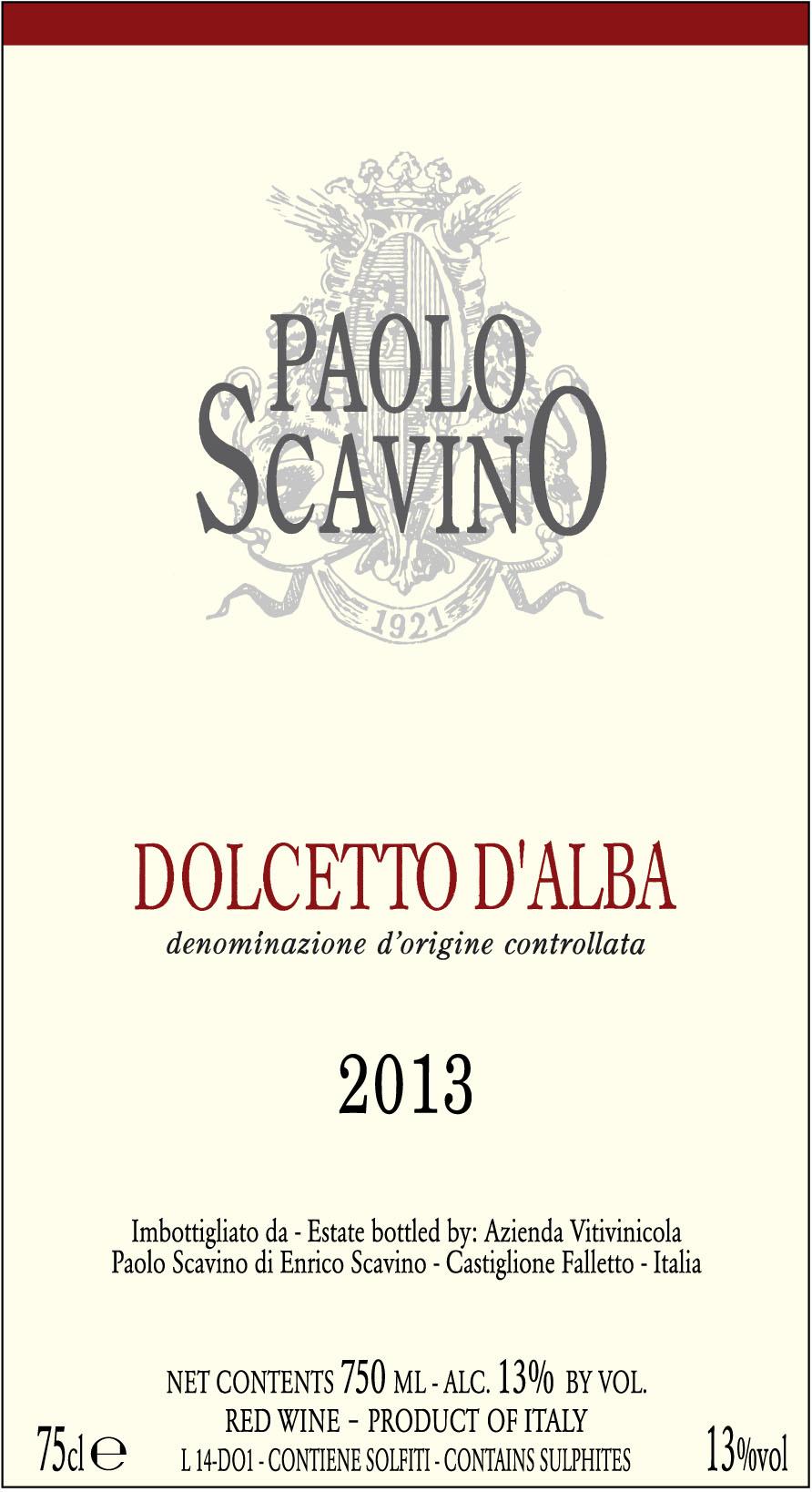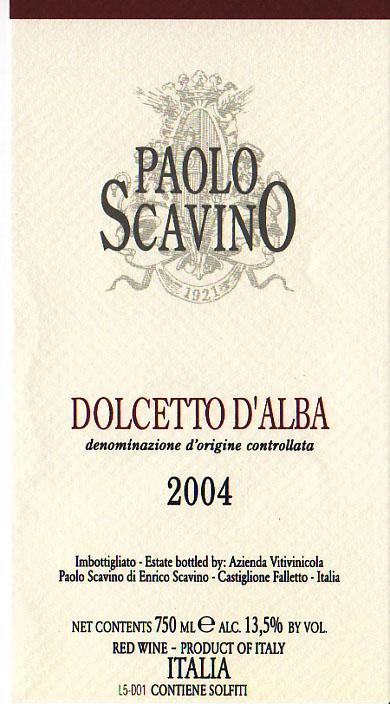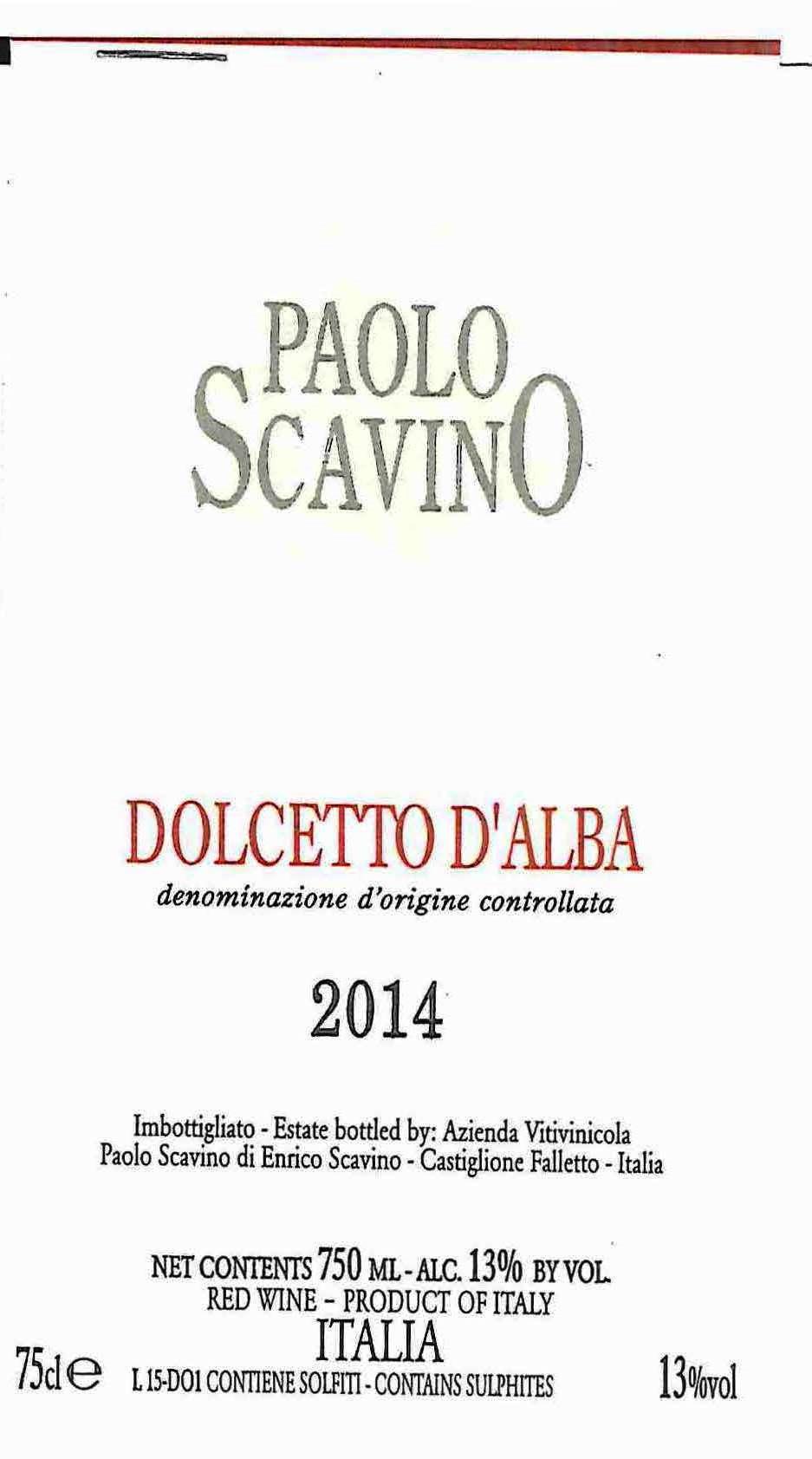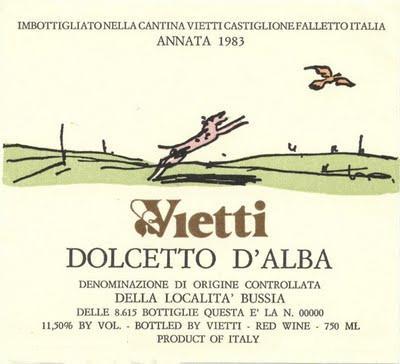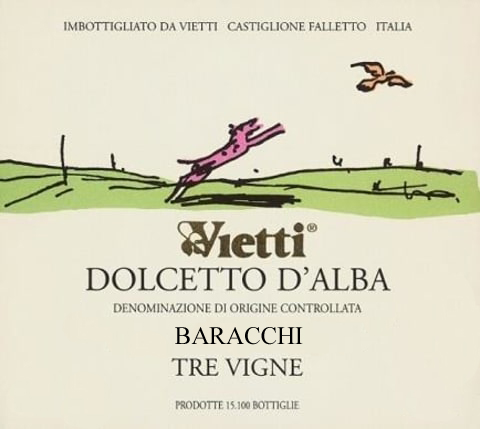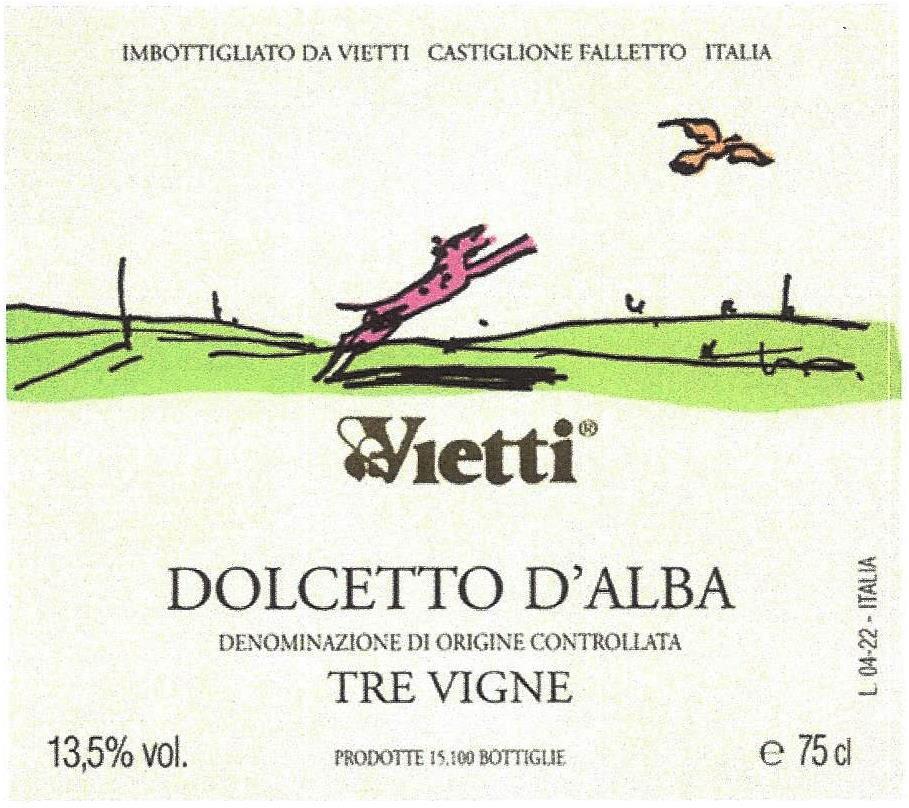Terroir of Dolcetto d'Alba
The Dolcetto d’Alba region, located on the scenic hills of the Langhe, thrives at elevations between 250 and 600 meters. Its soil, a mix of calcareous marl, clay, sand, and gravel, ensures good drainage and allows vines to grow deep roots. This enriches the vines, boosting the vibrant flavor of Dolcetto grapes.
The climate is temperate continental with warm, dry summers perfect for the early-ripening Dolcetto. Cool nights help keep the grapes fresh, while moderate rainfall mainly occurs in spring and autumn. The Tanaro River valleys see autumn fog, but the harvest typically happens before the densest fog, protecting grape quality. These natural conditions, along with well-placed slopes, create an ideal setting for growing Dolcetto, resulting in wines that are ripe and aromatic.
Notable Wineries in Dolcetto d'Alba
The Dolcetto d'Alba region, nestled within the Langhe hills, offers a delightful array of wineries producing this charming varietal. Renowned for their dedication to quality and tradition, these producers showcase the vibrant character of Dolcetto d'Alba through their wines:
-
Cavallotto: A historic estate known for its organic practices and expressive Dolcetto that truly reflects the terroir.
-
Mascarello: Esteemed for crafting wines with depth and finesse, blending tradition and innovation.
-
G.D. Vajra: Celebrated for its elegant and aromatic wines, embracing a philosophy of purity and balance.
These wineries, along with others like Marcarini and Sandrone, embody the spirit of Dolcetto d'Alba, offering wines that are accessible yet complex, making them a must-explore for wine enthusiasts visiting this picturesque region.
Sustainable Winemaking in Dolcetto d'Alba
The Dolcetto d'Alba region showcases a remarkable commitment to sustainability, with many producers adopting eco-friendly practices in their hillside vineyards. Manual labor is prevalent, emphasizing canopy management to enhance airflow and reduce disease risk. Integrated pest management and cover crops are standard, fostering soil health and biodiversity while preventing erosion.
An increasing number of estates are shifting towards organic or biodynamic farming, with several investing in water conservation and energy-efficient cellars. In the cellar, the focus remains on traditional, low-intervention winemaking. Native yeast fermentation and minimal new oak usage align seamlessly with their sustainable ethos. The regional consortium actively supports these initiatives, underscoring the area's dedication to preserving its natural resources.
Wine Tourism in Dolcetto d'Alba
The Dolcetto d’Alba region in Italy offers a rich wine tourism experience, deeply rooted in the vibrant culture of the Langhe hills. Visitors can enjoy scenic vineyard routes perfect for leisurely exploration, whether by car, bike, or on foot. The area is dotted with wineries that provide intimate tastings and tours, often requiring prior appointments.
Key attractions include the seasonal events like Alba’s famous White Truffle Fair and the spring “Cantine Aperte,” which offers coordinated tastings and vineyard walks. Accommodations range from hotels in Alba to charming agriturismi and vineyard B&Bs. Local eateries serve farm-to-table dishes that pair wonderfully with the region's renowned Dolcetto wines. This blend of natural beauty, cultural events, and culinary delights makes Dolcetto d'Alba an ideal destination for wine enthusiasts.



